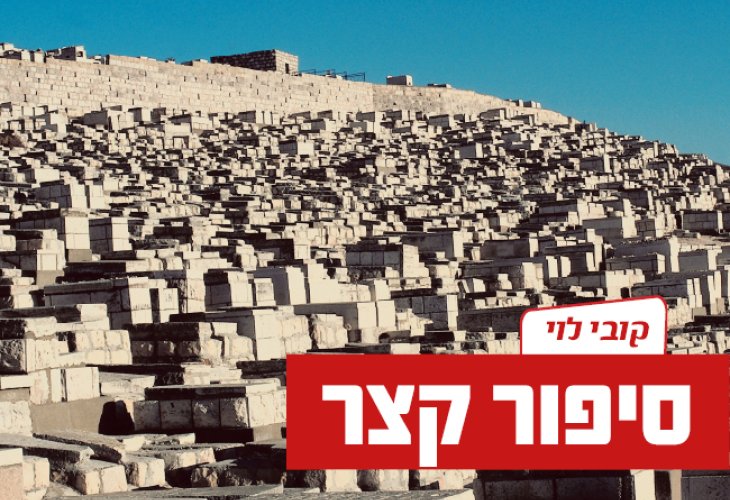Faith
Why God’s Name Is Hidden in the Book of Esther – The Eternal Message of Purim
Understanding divine concealment, hidden miracles, and the relevance of Purim’s lessons for the 21st century
- Daniel Blass
- |Updated

Lior asks: "Shalom. I noticed that God’s name does not appear at all in the Book of Esther. Why is that? And how does this holiday connect to us today in the 21st century?"
* * *
Shalom Lior,
Your two questions are actually connected. The very fact that God’s name is hidden in the Megillah teaches us the most important lesson of Purim, that was relevant in ancient Persia and remains just as relevant in our own generation.
Our sages explain that the Megillah is built upon divine revelation hidden within hester panim (the concealment of God’s face). As they said: “Where is Esther alluded to in the Torah? In the verse: ‘I will surely hide My face’” (Chullin 139b). The Megillah represents this hiddenness during exile until redemption arrives — when God acts “behind the scenes” of history. God’s explicit name is absent to teach future generations the importance of faith and trust in divine providence even when He seems concealed.
Some have suggested an additional, practical reason: Rabbi Abraham Ibn Ezra wrote in his introduction to his commentary on the Megillah that Mordechai deliberately concealed God’s name. Because the scroll was written under the auspices of the Persian Empire, there was concern that if God’s name appeared explicitly, the Persians might translate the Megillah and replace it with names of their own deities.
Regardless, it was God’s will that His name be hidden in the text. Commentators point out that God’s presence is hinted at within the repeated references to “the king.” Notice that the word “the king” appears about 200 times in the Megillah. Sometimes it says “King Achashverosh”, and sometimes simply “the king.” This, they explain, alludes to the true King, the King of the universe, hidden behind the events.

Purim’s Relevance in Our Day
Purim's connection to today lies in the Megillah itself. On one hand, all the miracles of Purim happened through natural events, behind the curtains of history, but anyone who reads the story cannot miss the clear hand of divine providence guiding every step.
a. When the king asked, “What should be done for the man the king delights to honor?” Haman assumed it was about him. Instead, he was forced to dress Mordechai in royal garments and parade him through the streets on the king’s horse.
b. When Esther revealed Haman’s plot to the king, Haman fell at the foot of Esther’s bed to beg for his life. At that very moment, the king entered and assumed Haman was trying to assault the queen.
c. Haman built a gallows fifty cubits high to hang Mordechai — only to be hanged on it himself.
d. Israel’s enemies prepared to slaughter the Jews in a single day, but it was the Jews who struck down 500 enemies in Shushan alone, including Haman’s ten sons and many others.
Purim is an eternal holiday because it teaches us to have faith and recognize Divine providence in a world of hiddenness. Through the Purim customs of satire, drinking, costumes, and topsy-turvy joy, we remind ourselves that behind the surface of this material world lies a completely different reality where the guiding hand of God is orchestrating everything.
Even today, as we face harsh decrees, we must remember that God directs all events. Despite the external concealment, there is no power but His. In a single moment He can overturn everything. Then, just as in the days of Mordechai and Esther, we will once again see with our own eyes: “For the Jews there was light, joy, gladness, and honor.”

